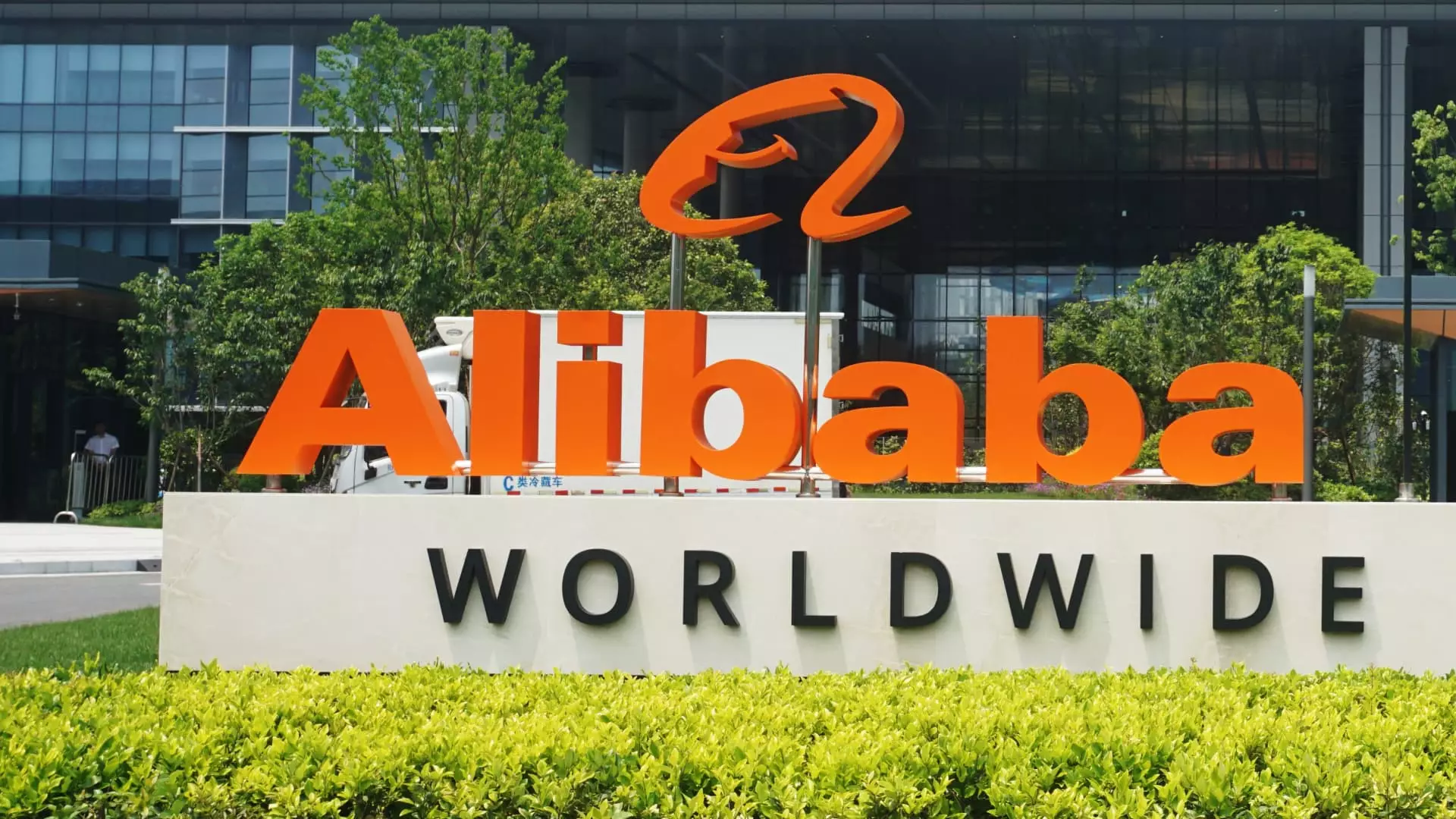In an impressive move that underscores its ambition to dominate the global e-commerce landscape, Alibaba’s international arm has introduced an advanced version of its translation tool, Marco MT. This launch arrives with a powerful claim: Alibaba suggests that its new AI-driven translation capability exceeds the quality of current offerings from renowned competitors such as Google, DeepL, and ChatGPT. The basis for this assertion lies in evaluations performed by the Flores translation benchmark framework, a respected industry metric that highlights the tool’s refined capabilities.
Alibaba’s international unit, a sector that has been expanding rapidly, originally rolled out an earlier version of this tool a year ago, which has since garnered a significant user base of around 500,000 merchants. This swift adoption illustrates the vital role that translation services play in e-commerce, especially as sellers aim to reach audiences in different linguistic landscapes.
The new version of Alibaba’s translation tool draws its strength from large language models—a technological framework that allows for nuanced understanding and contextual translation. Kaifu Zhang, the vice president of Alibaba International Digital Commerce Group, emphasized the importance of contextual clues, such as cultural nuances and industry-specific jargon. This refined understanding marks a significant departure from mere word-for-word translation, enabling sellers to engage more authentically with potential customers across diverse markets.
For instance, this enhanced model can navigate the complexities of language in ways that resonate more deeply with target audiences, ultimately aiming to bolster the commercial successes of the merchants who utilize the service. By prioritizing the impact on the bottom line, Alibaba positions its tool not just as a service but as a critical business asset for sellers looking to thrive in competitive environments.
Marco MT supports 15 different languages, including widely used tongues like English, Spanish, and Chinese, as well as languages less commonly included in translation products such as Ukrainian and Turkish. Zhang anticipates a substantial surge in demand from markets in Europe and the Americas, recognizing the growing interest among emerging markets as well.
As more Chinese businesses expand their reach beyond domestic borders, this tool becomes especially relevant. Companies like PDD Holdings’ Temu and Shein have exemplified this trend, indicating a clear shift toward international opportunities, particularly in e-commerce. Alibaba underscores a significant demographic in its user base, revealing that developing nations constitute nearly half of the top 20 users of AI translation tools on its platform. This revelation highlights the necessity of effective communication tools for businesses aiming to navigate diverse languages and cultures.
The historical context of Alibaba’s AI translation tool shows an extensive impact—since its initial launch, the tool has facilitated translations for over 100 million product listings. The business model appears straightforward, as merchants typically incur basic charges based on the volume of text they have translated. While Zhang did not disclose specific pricing for the updated iteration, he suggested that it will remain accessible through various service bundles designed for merchants seeking visibility in foreign markets.
Contextual understanding is critical for consumer engagement. Zhang provided a key example, noting how a literal translation of a colloquial descriptor for a product might alienate potential buyers if they do not grasp its intended meaning. Given the upcoming Double 11 shopping festival, a significant event in Alibaba’s calendar, the improved translation capabilities are expected to create a more engaging and authentic shopping experience for consumers, ultimately driving higher conversion rates.
The international arm of Alibaba also functions through platforms like AliExpress and Lazada, which target Southeast Asian markets directly. In stark contrast, the firm’s primary subsidiaries in China, Taobao and Tmall, reported a modest downturn in sales—a drop of 1% year-on-year to $15.6 billion. These contrasting dynamics emphasize the growth potential of Alibaba’s international business, which saw a 32% increase in sales to $4.03 billion.
Forward-looking analyses suggest a slight slowdown in growth rates for Alibaba’s international revenue in upcoming quarters, reflecting a constantly evolving market landscape. Nevertheless, the company’s proactive efforts to leverage advanced technologies like AI translation affirm its commitment to enhancing the global e-commerce experience.
As Alibaba continues to innovate through tools like Marco MT, it is strategically positioning itself at the forefront of international e-commerce. By breaking down language barriers, the company not only enables merchants to reach broader audiences but also fosters a more interconnected and efficient global marketplace.


Leave a Reply